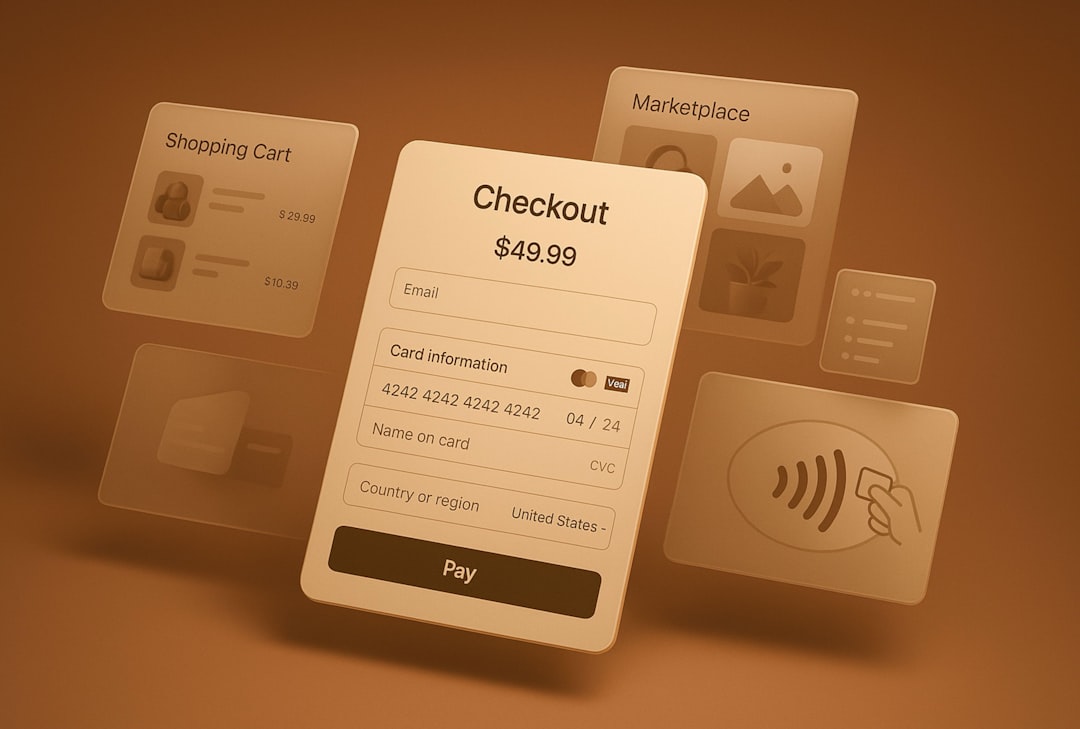Exploring the Role of Social Media in Political Campaigns
In recent years, social media has become an increasingly important platform for political campaigns to reach and engage with voters. With its extensive reach and accessibility, social media has revolutionized the way politicians connect with the electorate. From presidential campaigns to local elections, the role of social media in political campaigns cannot be understated. This blog post aims to explore this phenomenon, delving into the advantages and disadvantages it brings to the political landscape.
One of the primary advantages of social media in political campaigns is its ability to effectively reach and engage with a broad audience. Platforms like Facebook, Twitter, and Instagram provide politicians with the opportunity to connect with millions of potential voters instantly. By sharing campaign updates, policy proposals, and engaging content, politicians can establish a direct line of communication with their supporters, thereby fostering a sense of personal connection and involvement.
Moreover, social media allows politicians to reach segments of the population who traditionally have limited engagement in politics. Younger voters, in particular, who might be less likely to read newspapers or watch televised debates, are more likely to encounter political messages through social media platforms. This allows political campaigns to ignite interest and participation in the political process among demographics that were previously difficult to target directly.
Furthermore, social media provides a platform for politicians to build their personal brand and control their public image. By sharing carefully curated content and engaging in conversations, politicians can shape public perception and counter negative narratives. Additionally, social media allows politicians to humanize themselves to potential voters by sharing personal stories, photos, and videos, which can create a sense of familiarity and trust.
However, the role of social media in political campaigns also comes with its fair share of disadvantages and challenges. One major concern is the spread of misinformation and fake news. With the ease of sharing information on social media, false stories and manipulated content can spread rapidly, distorting public opinion and hindering the electoral process. This requires individuals to be critical consumers of information and push for fact-checking and accountability from both politicians and social media platforms.
Another disadvantage is the potential for social media to create echo chambers, where users are exposed only to content and viewpoints that align with their own beliefs. This can lead to polarization and a lack of constructive political discourse. It is essential for politicians to use social media as a tool to bridge divides and bring people together, rather than exacerbate them.
Additionally, social media campaigns can be time-consuming and resource-intensive. To effectively utilize these platforms, politicians often need a team of dedicated social media strategists, content creators, and community managers, which can increase campaign costs. Moreover, maintaining a strong online presence requires consistent engagement and responsiveness, which may divert resources and attention away from other essential campaign activities.
Furthermore, the reliance on social media can disproportionately benefit candidates with larger financial resources and established name recognition. Smaller campaigns may find it challenging to gain traction online when competing with well-financed and more prominent candidates. As a result, it is crucial for politicians and policymakers to ensure that access to social media resources is equitable, so that all candidates have a fair chance to engage with voters and share their message.
In conclusion, social media has become a central element in modern political campaigns, playing a crucial role in reaching, engaging, and mobilizing voters. Its ability to connect politicians directly with their constituents and shape public opinion is unprecedented. However, challenges, such as the spread of misinformation and potential polarization, must be addressed to ensure the integrity of the political process. By leveraging the advantages and mitigating the disadvantages, social media can be a powerful tool for democratic participation, fostering a more informed and engaged electorate.












